Mar 24, 2021 | algo, networking, trends
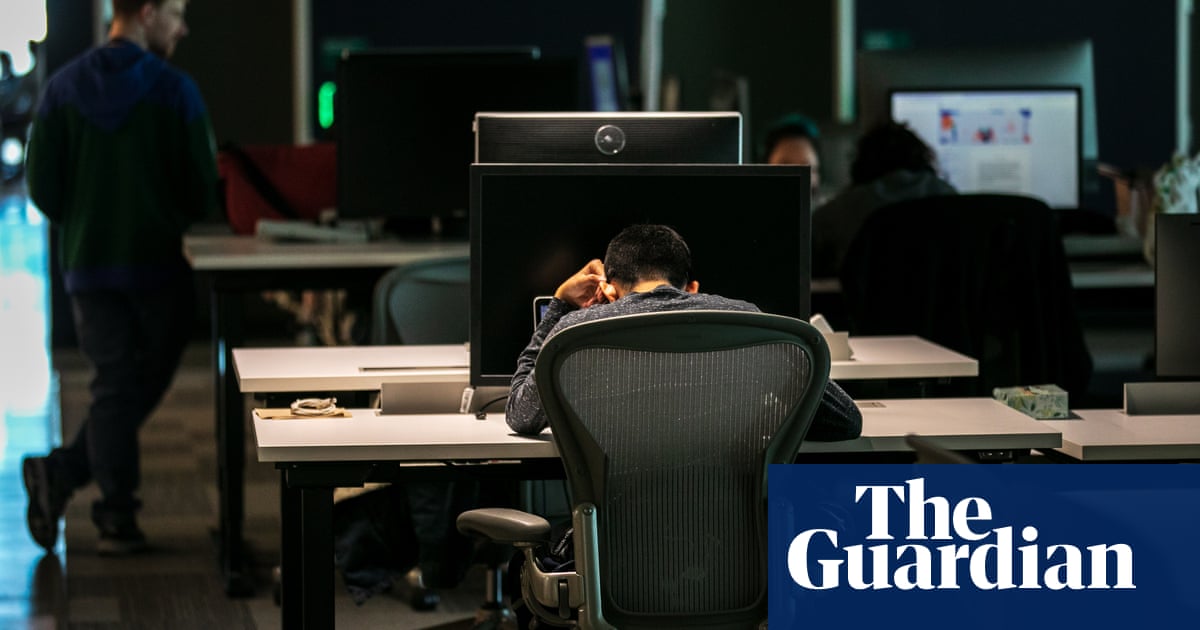 They run to more than 300 pages, envisaging and exemplifying some of the most borderline and ethically challenging uses of the world’s biggest social network by its 2.8 billion monthly users. Secret Facebook guidelines seen by the Guardian show how the company controls its mainly outsourced moderators’ work down to the smallest detail, defining its rules so precisely that contractors are told which emojis constitute “praise” and which count as “condemnation”.
They run to more than 300 pages, envisaging and exemplifying some of the most borderline and ethically challenging uses of the world’s biggest social network by its 2.8 billion monthly users. Secret Facebook guidelines seen by the Guardian show how the company controls its mainly outsourced moderators’ work down to the smallest detail, defining its rules so precisely that contractors are told which emojis constitute “praise” and which count as “condemnation”.
Source: Decoding emojis and defining ‘support’: Facebook’s rules for content revealed
Mar 23, 2021 | algo

Artists are seeing their work showing up in NFTs they did not mint themselves
Source: NFT mania is here, and so are the scammers
Mar 23, 2021 | algo, networking
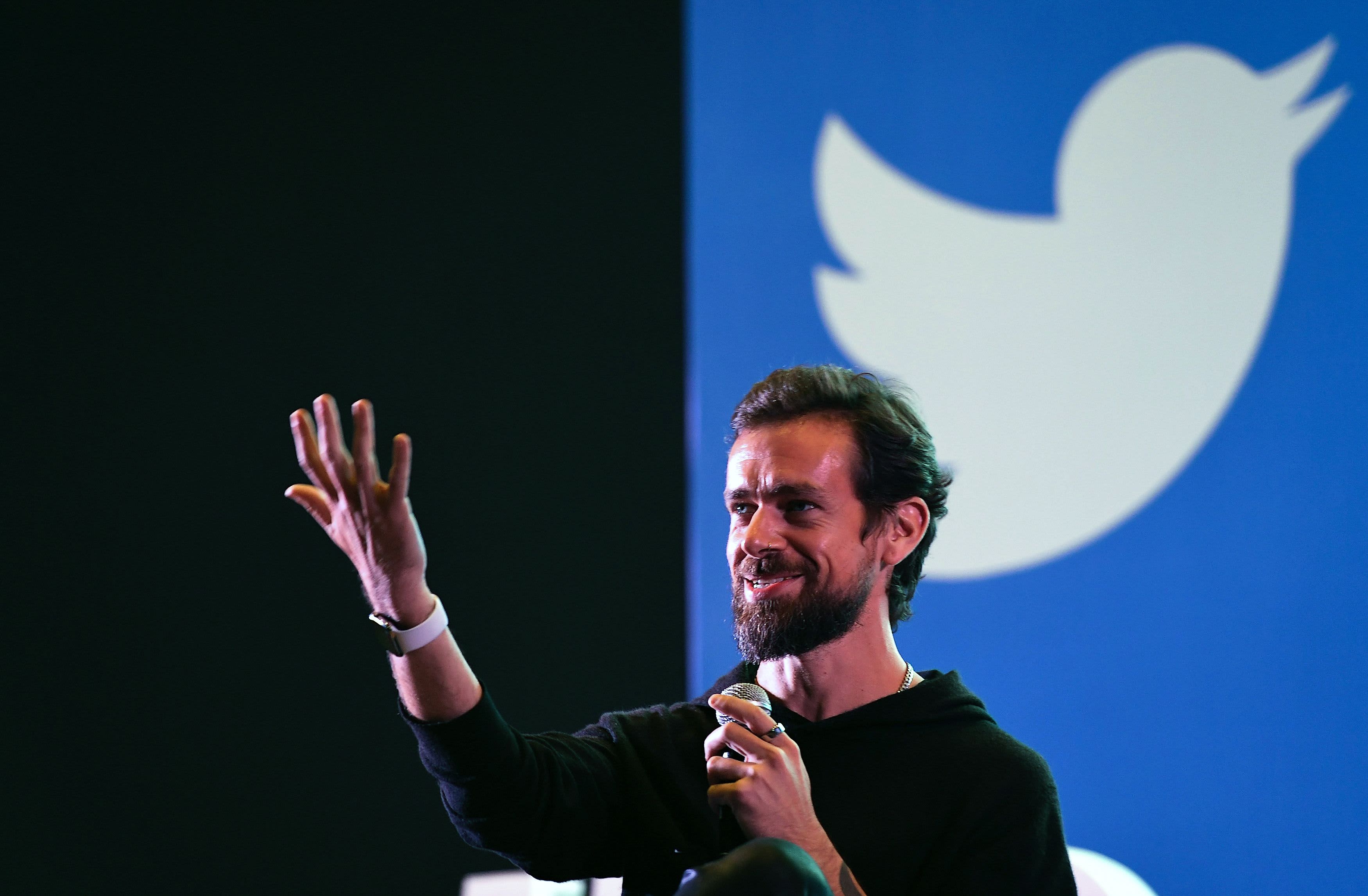 Jack Dorsey, CEO of Twitter and Square, sold his first tweet as an NFT, or nonfungible token , for over $2.9 million on Monday when bidding ended on the “Valuables” platform, which is run by Cent, a blockchain-powered social media network.
Jack Dorsey, CEO of Twitter and Square, sold his first tweet as an NFT, or nonfungible token , for over $2.9 million on Monday when bidding ended on the “Valuables” platform, which is run by Cent, a blockchain-powered social media network.
Source: Jack Dorsey sells his first tweet ever as an NFT for over $2.9 million
Mar 23, 2021 | algo

Programmers have figured out ways to help family and friends gain an edge in getting vaccine appointments, but they also realize not everybody has that advantage.
Source: Want a vaccination appointment? It helps to know a Python programmer
Mar 20, 2021 | algo, games & graphics, trends
On Beeple, Nyan Cat and the latest tech phenom: the non-fungible token, or NFT.
Source: Another Big Step Toward Digitizing Our Lives
Mar 19, 2021 | algo, trends
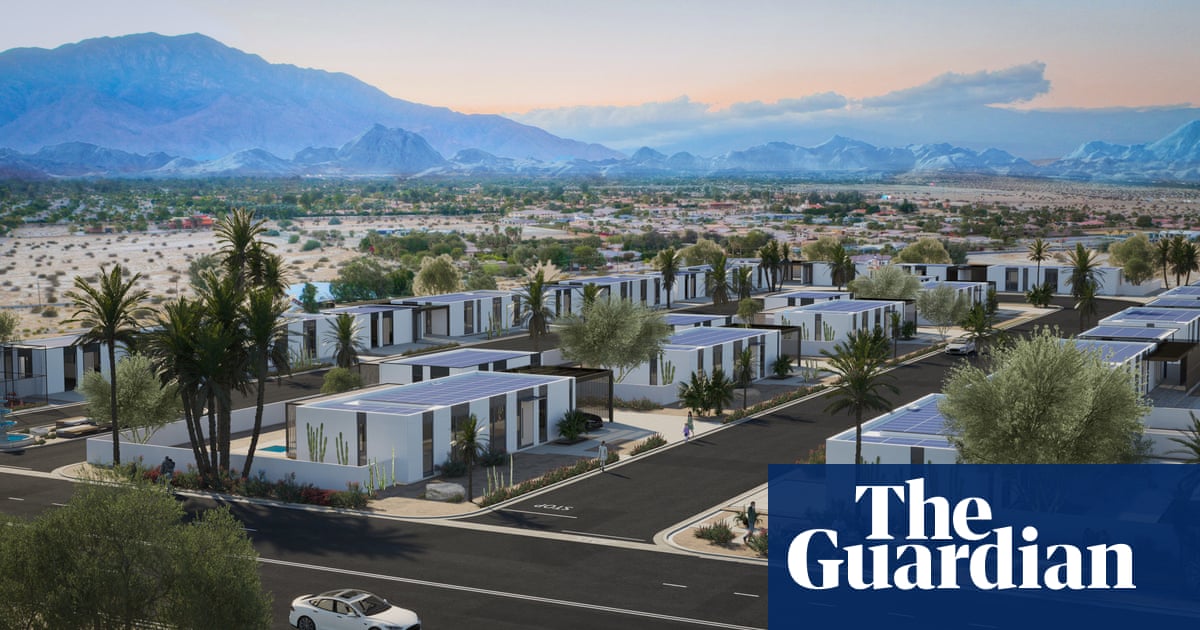 The desert landscape of California’s Coachella valley will soon be home to the first US neighborhood comprised entirely of 3D-printed houses. Through a partnership between two California companies – Palari, a sustainable real estate development group, and Mighty Buildings, a construction technology company – a five acre parcel of land in Rancho Mirage will be transformed into a planned community of 15 3D-printed, eco-friendly homes claiming to be the first of its kind. “This will be the first on-the-ground actualization of our vision for the future of housing,” said Alexey Dubov, the co-founder and chief operating officer of Mighty Buildings.
The desert landscape of California’s Coachella valley will soon be home to the first US neighborhood comprised entirely of 3D-printed houses. Through a partnership between two California companies – Palari, a sustainable real estate development group, and Mighty Buildings, a construction technology company – a five acre parcel of land in Rancho Mirage will be transformed into a planned community of 15 3D-printed, eco-friendly homes claiming to be the first of its kind. “This will be the first on-the-ground actualization of our vision for the future of housing,” said Alexey Dubov, the co-founder and chief operating officer of Mighty Buildings.
Source: ‘The future of housing’: California desert to get America’s first 3D-printed neighborhood
Mar 19, 2021 | algo, mobile
 Does it work the way Facebook claims? Too soon to tell. The product is still in research and development at the company’s internal Facebook Reality Labs, and I didn’t get to have a go. No word yet on when it will be released or how much it will cost, either.
Does it work the way Facebook claims? Too soon to tell. The product is still in research and development at the company’s internal Facebook Reality Labs, and I didn’t get to have a go. No word yet on when it will be released or how much it will cost, either.
Source: Facebook is making an augmented reality wristband that lets you control computers with your brain
Mar 17, 2021 | algo, networking, trends
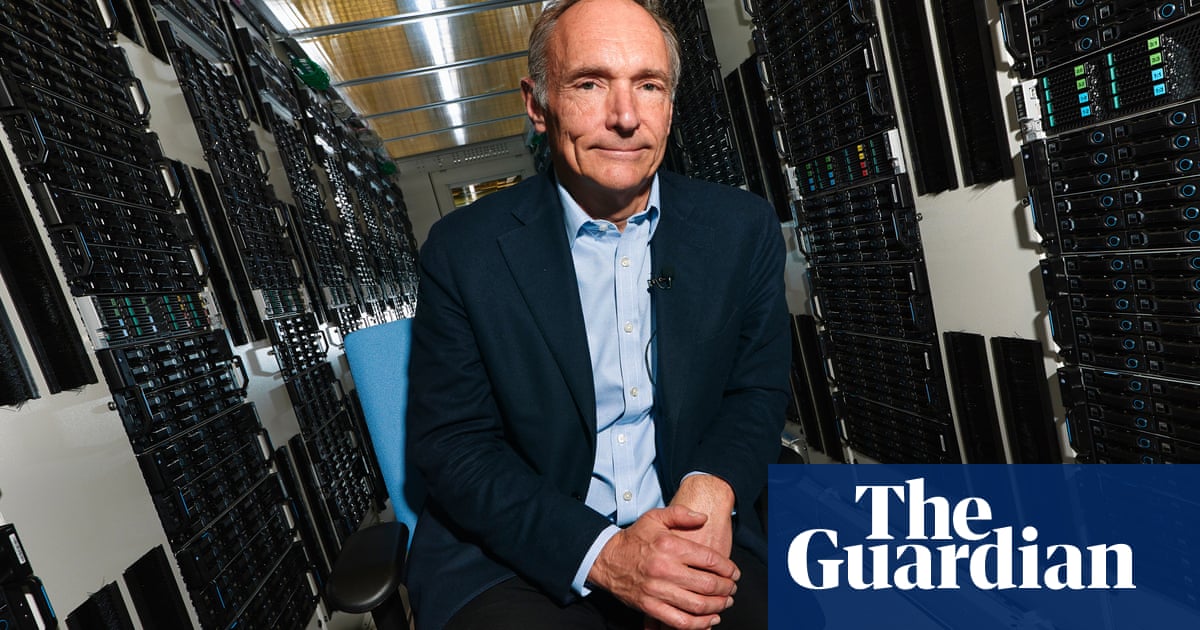 Z oom being Zoom, Tim Berners-Lee’s name appears in my browser window about 20 seconds before his audio and video feed kick in – and for a brief moment, the prospect of talking online to the inventor of the world wide web seems so full of symbolism and significance that it threatens to take my breath away.
Z oom being Zoom, Tim Berners-Lee’s name appears in my browser window about 20 seconds before his audio and video feed kick in – and for a brief moment, the prospect of talking online to the inventor of the world wide web seems so full of symbolism and significance that it threatens to take my breath away.
Source: Tim Berners-Lee: ‘We need social networks where bad things happen less’
Mar 17, 2021 | algo, mobile, networking, trends
 Tech’s burgeoning new labor movement has its own class divide — between a conventional organizing push among blue collar employees and an effort among white collar employees that’s based on a different set of concerns and goals. Why it matters: The tech industry rose to power and wealth largely union-free.
Tech’s burgeoning new labor movement has its own class divide — between a conventional organizing push among blue collar employees and an effort among white collar employees that’s based on a different set of concerns and goals. Why it matters: The tech industry rose to power and wealth largely union-free.
Source: The split at the heart of tech’s new labor movement
Mar 17, 2021 | algo, networking, trends
Source: Wikipedia Is Finally Asking Big Tech to Pay Up
Mar 15, 2021 | algo, networking, trends
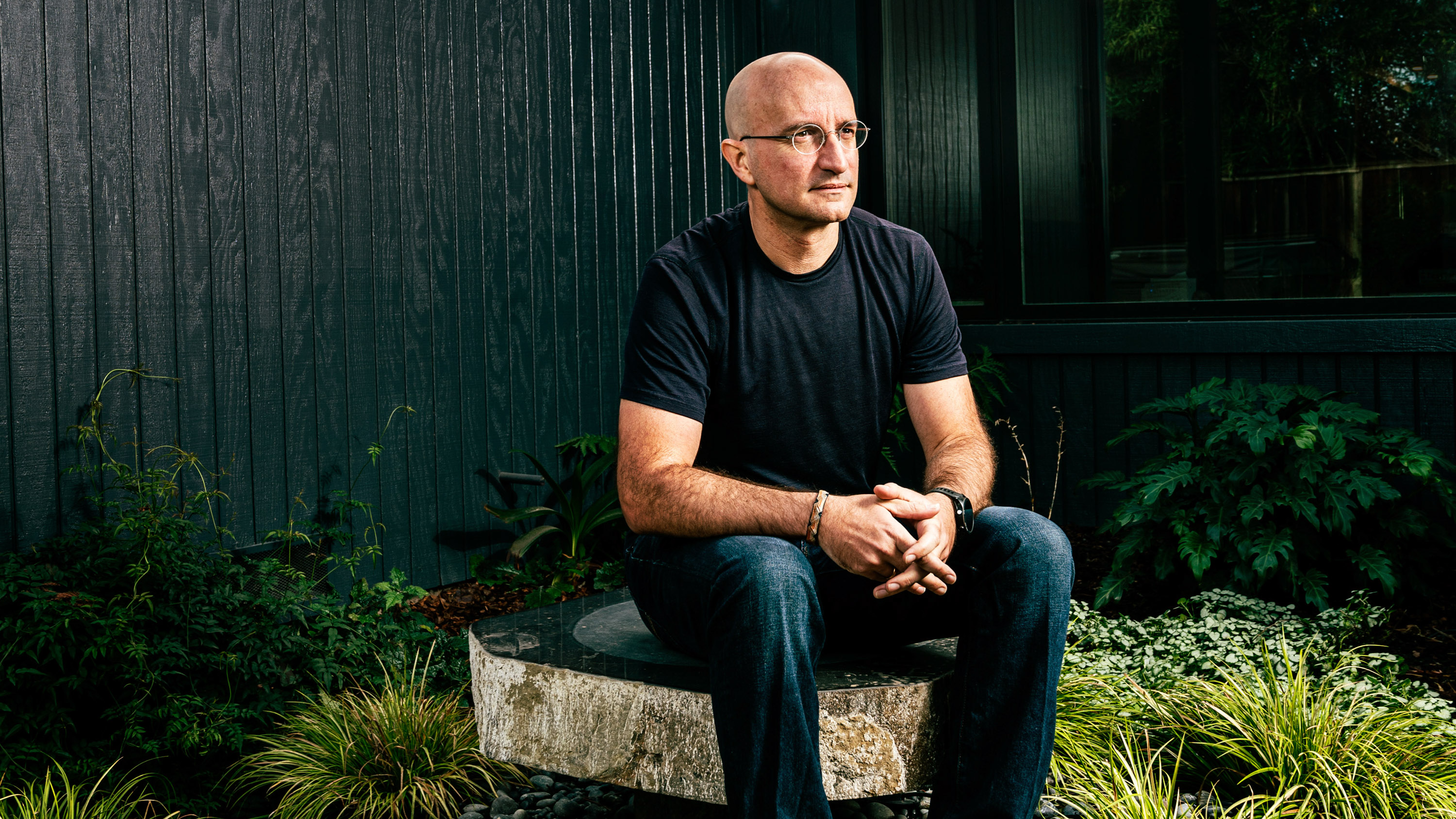
Everything the company does and chooses not to do flows from a single motivation: Zuckerberg’s relentless desire for growth. Quiñonero’s AI expertise supercharged that growth. His team got pigeonholed into targeting AI bias, as I learned in my reporting, because preventing such bias helps the company avoid proposed regulation that might, if passed, hamper that growth. Facebook leadership has also repeatedly weakened or halted many initiatives meant to clean up misinformation on the platform because doing so would undermine that growth.
Source: He got Facebook hooked on AI. Now he can’t fix its misinformation addiction
Mar 15, 2021 | algo, networking, trends
 When Google forced out two well-known artificial intelligence experts, a long-simmering research controversy burst into the open.
When Google forced out two well-known artificial intelligence experts, a long-simmering research controversy burst into the open.
Source: Who Is Making Sure the A.I. Machines Aren’t Racist?
Mar 14, 2021 | algo, networking, trends
 Every day, your life leaves a trail of digital breadcrumbs that tech giants use to track you. You send an email, order some food, stream a show. They get back valuable packets of data to build up their understanding of your preferences. That data is fed into machine-learning algorithms to target you with ads and recommendations. Google cashes your data in for over $120 billion a year of ad revenue.
Every day, your life leaves a trail of digital breadcrumbs that tech giants use to track you. You send an email, order some food, stream a show. They get back valuable packets of data to build up their understanding of your preferences. That data is fed into machine-learning algorithms to target you with ads and recommendations. Google cashes your data in for over $120 billion a year of ad revenue.
Source: How to poison the data that Big Tech uses to surveil you
Mar 12, 2021 | algo, games & graphics, networking, video
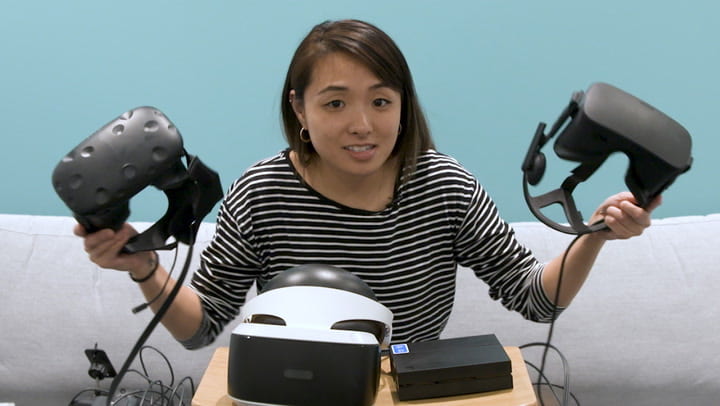
Virtual reality has existed for nearly two decades, but it still hasn’t proven to be “the future of technology” as most were expecting.
Source: The reason virtual reality still hasn’t taken off
Mar 12, 2021 | algo, networking, trends
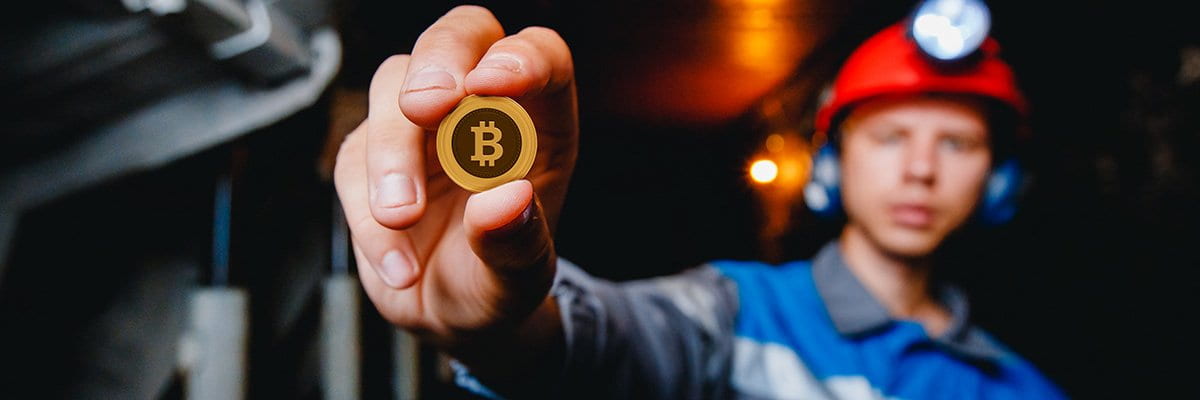 More than two-thirds of Cisco customers in 2020 were affected by cryptomining, according to new research. Cisco released its “Threat Trends: DNS Security” report Thursday, which analyzed malicious DNS activity and threats that occurred between January and December of last year.
More than two-thirds of Cisco customers in 2020 were affected by cryptomining, according to new research. Cisco released its “Threat Trends: DNS Security” report Thursday, which analyzed malicious DNS activity and threats that occurred between January and December of last year.
Source: Cisco found cryptomining activity within 69% of customers
Mar 12, 2021 | algo, networking
 Facebook’s recommendation algorithm shows different news, groups, and hashtags to different users. But who sees what? Split Screen attempts to answer that question with real world data from paid panelists as part of The Markup’s Citizen Browser project .
Facebook’s recommendation algorithm shows different news, groups, and hashtags to different users. But who sees what? Split Screen attempts to answer that question with real world data from paid panelists as part of The Markup’s Citizen Browser project .
Source: Split Screen: How Different Are Americans’ Facebook Feeds? – The Markup
Mar 9, 2021 | algo, networking, trends, video
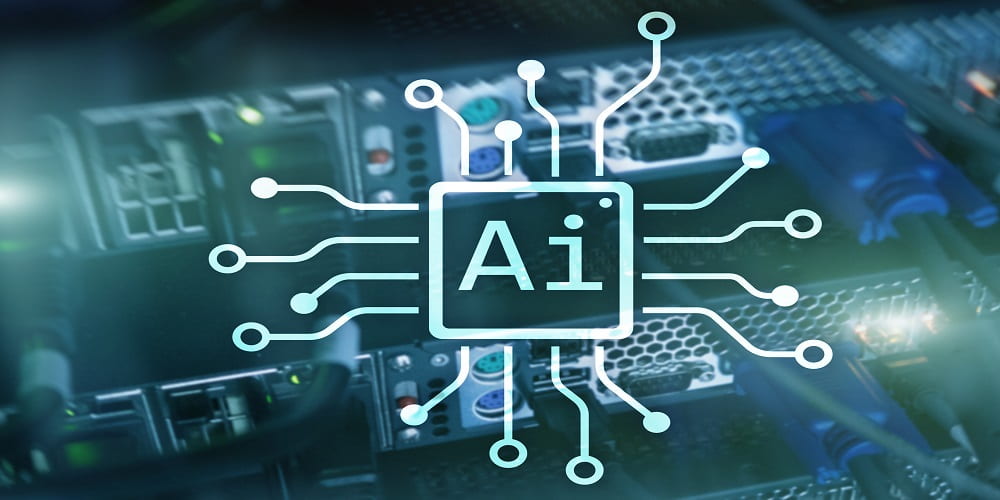 Image recognition may be more easily integrated into enterprise and commercial settings if it can learn more without expensive human input.
Image recognition may be more easily integrated into enterprise and commercial settings if it can learn more without expensive human input.
Source: Facebook AI Changes Image Recognition By Teaching Itself to See Without Much Human Aid – My TechDecisions
Mar 8, 2021 | algo, mobile, networking
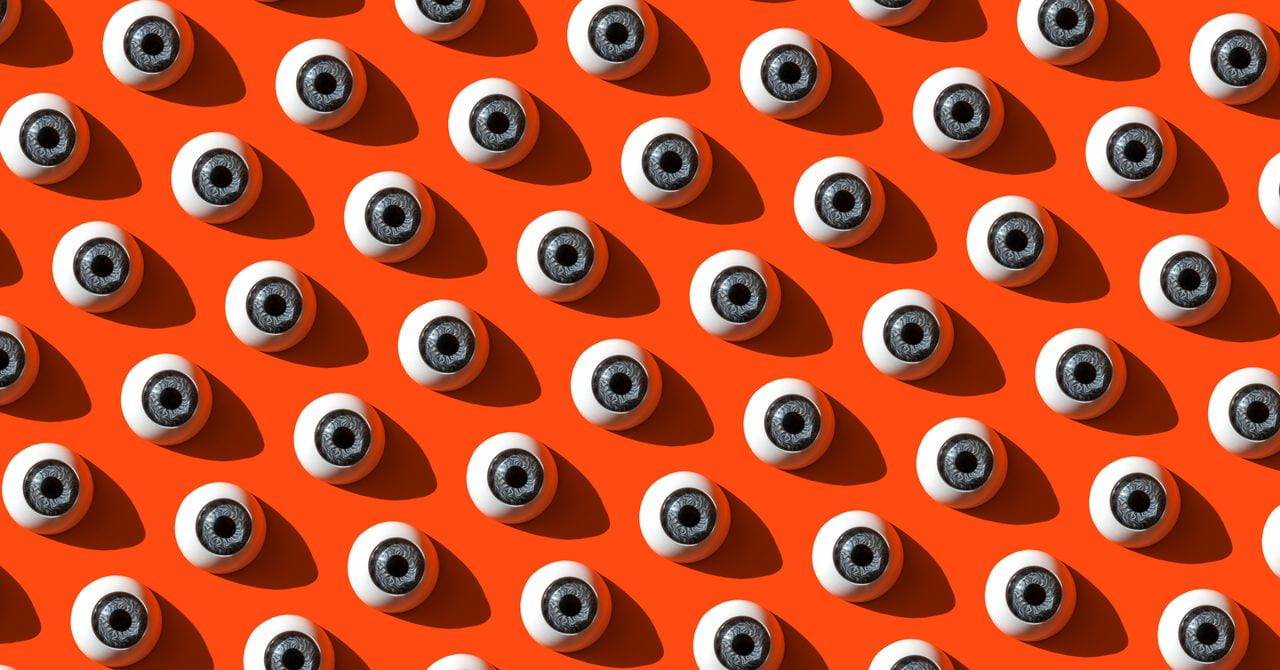 Everyone sends emails now: political parties, your book club, freelance journalists , the social networks you’re signed up to, your parents, that online store that you only bought one item from a decade ago, and many, many more. What do a lot of those email senders have in common?
Everyone sends emails now: political parties, your book club, freelance journalists , the social networks you’re signed up to, your parents, that online store that you only bought one item from a decade ago, and many, many more. What do a lot of those email senders have in common?
Source: How to Tell Which Emails Quietly Track You
Mar 7, 2021 | algo, games & graphics, mobile, video
 Apple plans to release a mixed reality headset “in mid-2022,” followed by augmented reality glasses type by 2025, analyst Ming-Chi Kuo said today in a research note with TF International Securities, obtained by MacRumors. “We predict that Apple’s MR/AR product roadmap includes three phases: helmet type by 2022, glasses type by 2025, and contact lens type by 2030–2040,” wrote Kuo.
Apple plans to release a mixed reality headset “in mid-2022,” followed by augmented reality glasses type by 2025, analyst Ming-Chi Kuo said today in a research note with TF International Securities, obtained by MacRumors. “We predict that Apple’s MR/AR product roadmap includes three phases: helmet type by 2022, glasses type by 2025, and contact lens type by 2030–2040,” wrote Kuo.
Source: Kuo: Apple to Launch Mixed Reality Headset in Mid 2022 and Augmented Reality Glasses by 2025
Mar 2, 2021 | algo, networking, trends
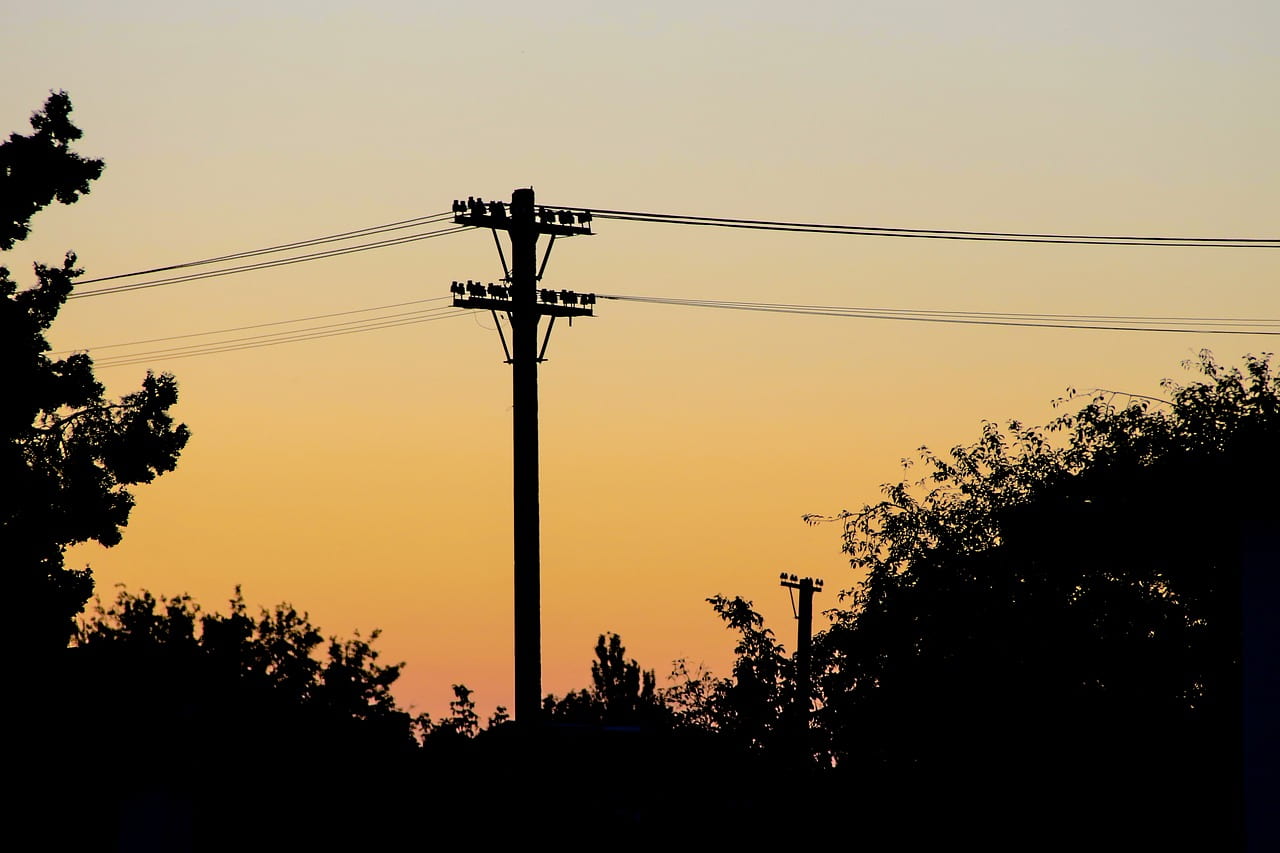 Both forms of infrastructure—a state-run electrical grid and the 5G and “internet of things” future to which we are rapidly hurtling—share three attributes. First, their construction reflects a lack of imagination about the danger that can quickly coalesce when seemingly remote threat scenarios become real. Second, compounding a lack of analytic imagination is an absence of preparedness. Third, for both the Texas electrical grid and the emerging internet, public policy protections are either meager or completely absent
Both forms of infrastructure—a state-run electrical grid and the 5G and “internet of things” future to which we are rapidly hurtling—share three attributes. First, their construction reflects a lack of imagination about the danger that can quickly coalesce when seemingly remote threat scenarios become real. Second, compounding a lack of analytic imagination is an absence of preparedness. Third, for both the Texas electrical grid and the emerging internet, public policy protections are either meager or completely absent
Source: The Real Lesson of the Texas Power Debacle
They run to more than 300 pages, envisaging and exemplifying some of the most borderline and ethically challenging uses of the world’s biggest social network by its 2.8 billion monthly users. Secret Facebook guidelines seen by the Guardian show how the company controls its mainly outsourced moderators’ work down to the smallest detail, defining its rules so precisely that contractors are told which emojis constitute “praise” and which count as “condemnation”.

 Jack Dorsey, CEO of Twitter and Square, sold his first tweet as an NFT, or nonfungible token , for over $2.9 million on Monday when bidding ended on the “Valuables” platform, which is run by Cent, a blockchain-powered social media network.
Jack Dorsey, CEO of Twitter and Square, sold his first tweet as an NFT, or nonfungible token , for over $2.9 million on Monday when bidding ended on the “Valuables” platform, which is run by Cent, a blockchain-powered social media network.
 The desert landscape of California’s Coachella valley will soon be home to the first US neighborhood comprised entirely of 3D-printed houses. Through a partnership between two California companies – Palari, a sustainable real estate development group, and Mighty Buildings, a construction technology company – a five acre parcel of land in Rancho Mirage will be transformed into a planned community of 15 3D-printed, eco-friendly homes claiming to be the first of its kind. “This will be the first on-the-ground actualization of our vision for the future of housing,” said Alexey Dubov, the co-founder and chief operating officer of Mighty Buildings.
The desert landscape of California’s Coachella valley will soon be home to the first US neighborhood comprised entirely of 3D-printed houses. Through a partnership between two California companies – Palari, a sustainable real estate development group, and Mighty Buildings, a construction technology company – a five acre parcel of land in Rancho Mirage will be transformed into a planned community of 15 3D-printed, eco-friendly homes claiming to be the first of its kind. “This will be the first on-the-ground actualization of our vision for the future of housing,” said Alexey Dubov, the co-founder and chief operating officer of Mighty Buildings. Does it work the way Facebook claims? Too soon to tell. The product is still in research and development at the company’s internal Facebook Reality Labs, and I didn’t get to have a go. No word yet on when it will be released or how much it will cost, either.
Does it work the way Facebook claims? Too soon to tell. The product is still in research and development at the company’s internal Facebook Reality Labs, and I didn’t get to have a go. No word yet on when it will be released or how much it will cost, either. Z oom being Zoom, Tim Berners-Lee’s name appears in my browser window about 20 seconds before his audio and video feed kick in – and for a brief moment, the prospect of talking online to the inventor of the world wide web seems so full of symbolism and significance that it threatens to take my breath away.
Z oom being Zoom, Tim Berners-Lee’s name appears in my browser window about 20 seconds before his audio and video feed kick in – and for a brief moment, the prospect of talking online to the inventor of the world wide web seems so full of symbolism and significance that it threatens to take my breath away. Tech’s burgeoning new labor movement has its own class divide — between a conventional organizing push among blue collar employees and an effort among white collar employees that’s based on a different set of concerns and goals. Why it matters: The tech industry rose to power and wealth largely union-free.
Tech’s burgeoning new labor movement has its own class divide — between a conventional organizing push among blue collar employees and an effort among white collar employees that’s based on a different set of concerns and goals. Why it matters: The tech industry rose to power and wealth largely union-free.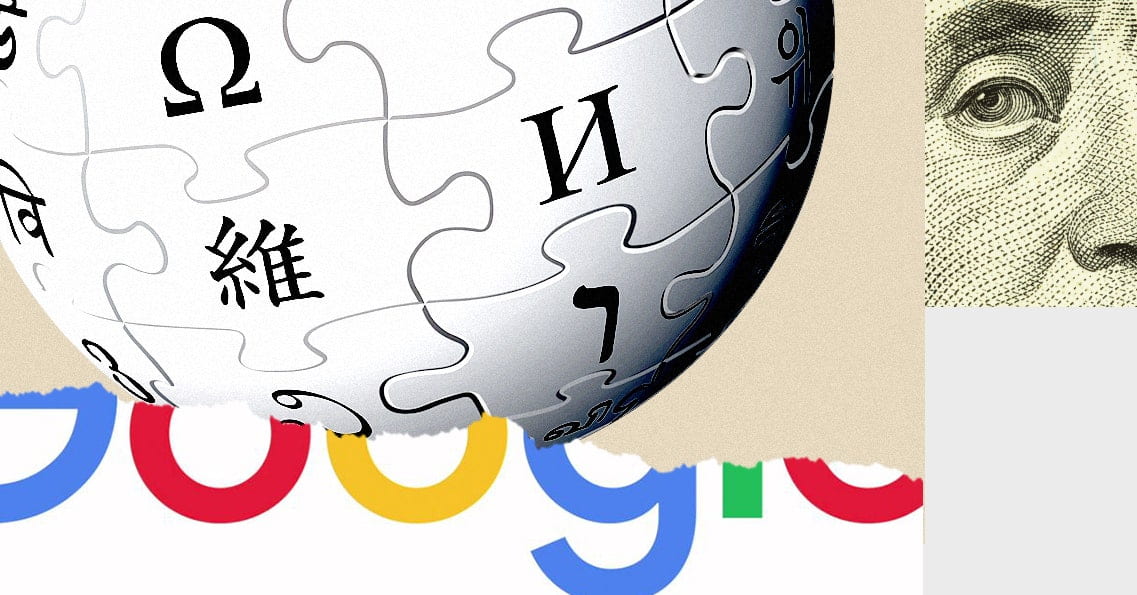 The Big Four all lean on the encyclopedia at no cost. With the launch of Wikimedia Enterprise, the volunteer project will change that—and possibly itself too.
The Big Four all lean on the encyclopedia at no cost. With the launch of Wikimedia Enterprise, the volunteer project will change that—and possibly itself too.
 When Google forced out two well-known artificial intelligence experts, a long-simmering research controversy burst into the open.
When Google forced out two well-known artificial intelligence experts, a long-simmering research controversy burst into the open. Every day, your life leaves a trail of digital breadcrumbs that tech giants use to track you. You send an email, order some food, stream a show. They get back valuable packets of data to build up their understanding of your preferences. That data is fed into machine-learning algorithms to target you with ads and recommendations. Google cashes your data in for over $120 billion a year of ad revenue.
Every day, your life leaves a trail of digital breadcrumbs that tech giants use to track you. You send an email, order some food, stream a show. They get back valuable packets of data to build up their understanding of your preferences. That data is fed into machine-learning algorithms to target you with ads and recommendations. Google cashes your data in for over $120 billion a year of ad revenue.
 More than two-thirds of Cisco customers in 2020 were affected by cryptomining, according to new research. Cisco released its “Threat Trends: DNS Security” report Thursday, which analyzed malicious DNS activity and threats that occurred between January and December of last year.
More than two-thirds of Cisco customers in 2020 were affected by cryptomining, according to new research. Cisco released its “Threat Trends: DNS Security” report Thursday, which analyzed malicious DNS activity and threats that occurred between January and December of last year. Facebook’s recommendation algorithm shows different news, groups, and hashtags to different users. But who sees what? Split Screen attempts to answer that question with real world data from paid panelists as part of The Markup’s Citizen Browser project .
Facebook’s recommendation algorithm shows different news, groups, and hashtags to different users. But who sees what? Split Screen attempts to answer that question with real world data from paid panelists as part of The Markup’s Citizen Browser project . Image recognition may be more easily integrated into enterprise and commercial settings if it can learn more without expensive human input.
Image recognition may be more easily integrated into enterprise and commercial settings if it can learn more without expensive human input. Apple plans to release a mixed reality headset “in mid-2022,” followed by augmented reality glasses type by 2025, analyst Ming-Chi Kuo said today in a research note with TF International Securities, obtained by MacRumors. “We predict that Apple’s MR/AR product roadmap includes three phases: helmet type by 2022, glasses type by 2025, and contact lens type by 2030–2040,” wrote Kuo.
Apple plans to release a mixed reality headset “in mid-2022,” followed by augmented reality glasses type by 2025, analyst Ming-Chi Kuo said today in a research note with TF International Securities, obtained by MacRumors. “We predict that Apple’s MR/AR product roadmap includes three phases: helmet type by 2022, glasses type by 2025, and contact lens type by 2030–2040,” wrote Kuo. Both forms of infrastructure—a state-run electrical grid and the 5G and “internet of things” future to which we are rapidly hurtling—share three attributes. First, their construction reflects a lack of imagination about the danger that can quickly coalesce when seemingly remote threat scenarios become real. Second, compounding a lack of analytic imagination is an absence of preparedness. Third, for both the Texas electrical grid and the emerging internet, public policy protections are either meager or completely absent
Both forms of infrastructure—a state-run electrical grid and the 5G and “internet of things” future to which we are rapidly hurtling—share three attributes. First, their construction reflects a lack of imagination about the danger that can quickly coalesce when seemingly remote threat scenarios become real. Second, compounding a lack of analytic imagination is an absence of preparedness. Third, for both the Texas electrical grid and the emerging internet, public policy protections are either meager or completely absent